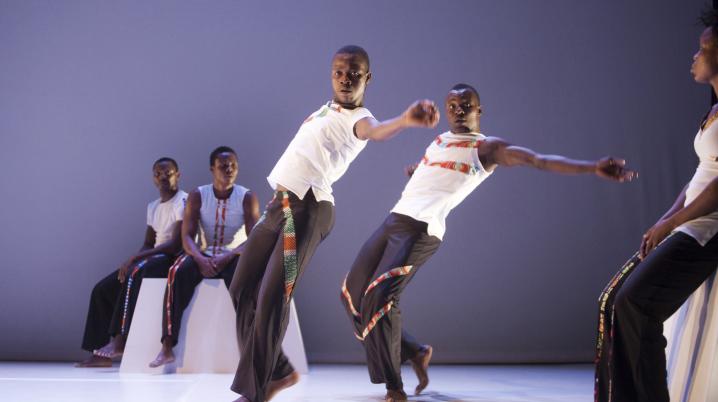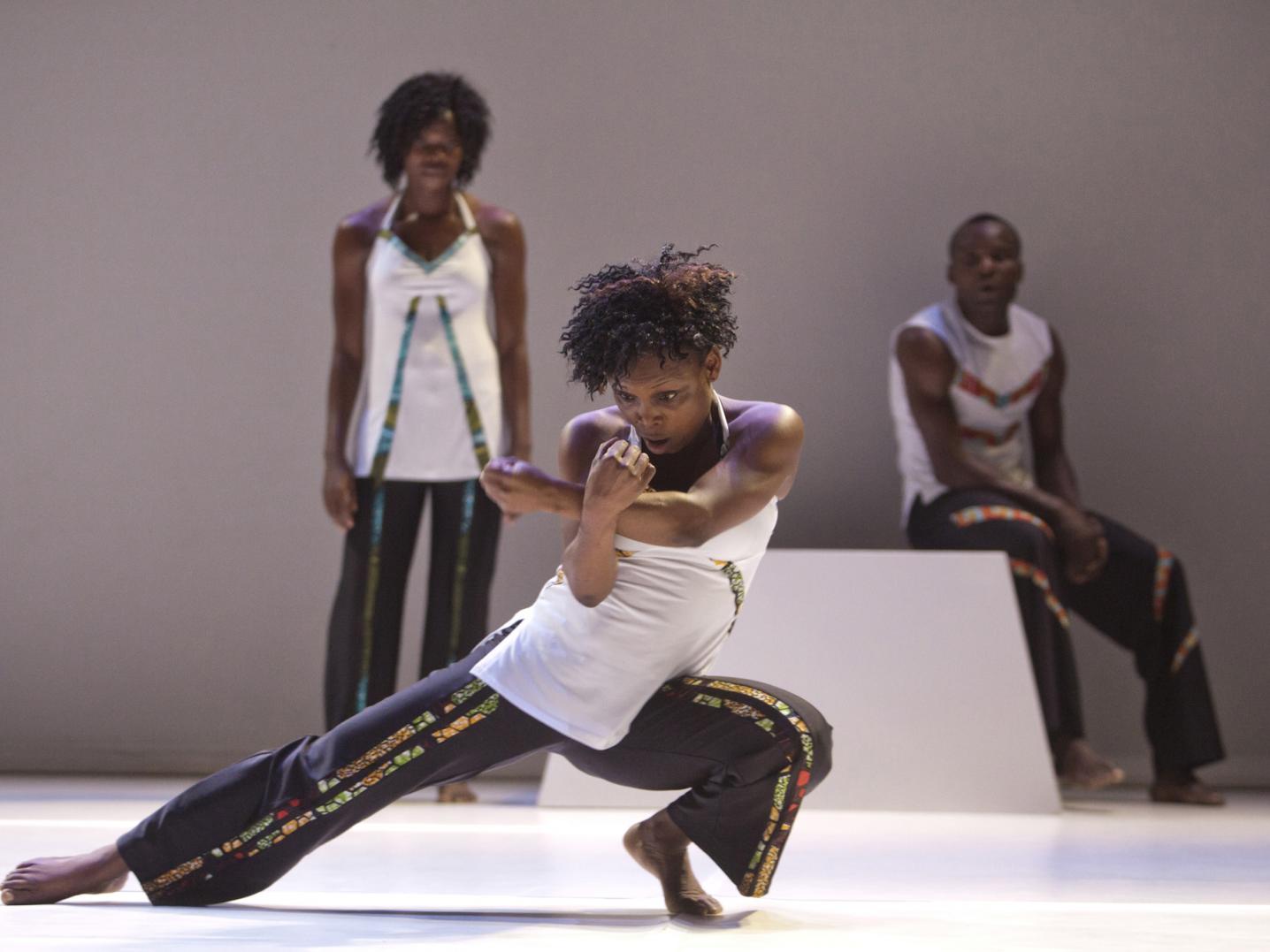
Dance organisation Le Grand Cru about collaborating in the international dance sector
This year dance organisation Le Grand Cru celebrates its 25th birthday. Along with the festivities, choreographer Rachelle Agbossou from Benin and the artistic directors of Le Grand Cru, Feri de Geus and Noortje Bijvoets will give a culture talk at DutchCulture. We asked them about their training programmes and performance projects in various countries and their experience collaborating in the international dance sector.
How it all started 25 years ago
Anthropologist and choreographer Feri de Geus was one of the artistic directors of a professional dance company in the Netherlands. Twenty five years ago, he decided to change course and his company was adopted by Grand Theatre in Groningen. Besides the connection to the name of the theatre, the name of the company also finds its origin in ‘le Cru et le Cuit’ (‘the Raw and the Cooked’) by anthropologist Levi Strauss. The combination of anthropologic knowledge and dance is still central in the work of Le Grand Cru. Researching the context and customs of the local communities is still the first step in all projects of Le Grand Cru.
In 1996 the company went to Namibia to give a summer intensive training to local dancers. This turned out to be a test for what would be the core business of Le Grand Cru after 2008. In 2008 Feri de Geus and his companion Noortje Bijvoets went to Cuba and Benin for the first time to offer professional training programs to local dancers.
Professional dance training and empowerment
Nowadays Le Grand Cru offers training programmes to professional and talented dancers in various countries, among which Benin, Burundi, Cuba, Syria and Mali. They go into the dance studio with local dancers for several weeks and jointly create a final performance. During their stay, they offer modern and contemporary technique training and combine this with the richness of the traditional dances of the local community. Together with the dancers they incorporate the local dance vocabulary in a more open structure than in its traditional form. As Feri de Geus states: “Art education is about constructing. Besides the professional training, dance and theatre are always about personal development. Even if you don’t continue to dance, professional dance education offers you tools that you will take with you in life.”

Working with the richness that the local context provides
A local partner with knowledge of the field and local language and with good connections with the community is of paramount importance. Together with the local contact person and the dancers, Le Grand Cru starts with a mapping of the cultural, political and historical context of the local community. They map themes, discuss them with the dancers and incorporate them in the rehearsal process and performances. In Burundi they faced the challenge that girls would quit or faint during rehearsals once they were on their period. They started to discuss the topic of menstruation and even went to rehearsals with a suitcase full of sanitary napkins. In their final performance you see a big crocodile in front of a mortified girl. The crocodile expresses jealousy, because at least the girl doesn’t have to bury her eggs in the sand and always carries her baby with her. Noortje: “With dance, you can sometimes show things that can’t be said out loud. Dance is a universal language that has the ability to touch and gives room for individual interpretation.”
Sometimes certain topics don’t even need to be given words to and are just displayed in the studio: once a woman carries a man on her back during a contact improvisation exercise, gender equality is there right in front of you.
Creating possibilities together
Le Grand Cru has no structural funding and despite the years of experience the organisation always faces unexpected challenges. For example, on their latest trip to Burundi there was a power cut right before a performance and the light technician had forgotten to save the light cues for the show. In these kind of situations, de Geus and Bijvoets sometimes work more than 12 hours straight to make the performance happen. But the fact that the dancers use their training to grow, develop their own businesses and establish strong African contemporary dance companies make it worthwhile. De Geus and Bijvoets emphasize that they had the privilege to enjoy art education since preschool and go to well-established dance academies. They want to give back, with respect to the richness of the local heritage dance companies have to offer. Noortje: “The moment you just dance together and see what the other culture has to offer, you automatically gain respect for one another. The drive of the dancers makes you keep going to create possibilities together. And by doing that you hopefully make the world a little better.”
On Friday 13 December, dance organisation Le Grand Cru organises a culture talk with Rachelle Agbossou about intercultural dance and cooperation. The Culture Talk is organised by Le Grand Cru and DutchCulture.
Admission is free but a reservation is required, please reserve your spot by emailing your name and company name to Salomé Richter.

